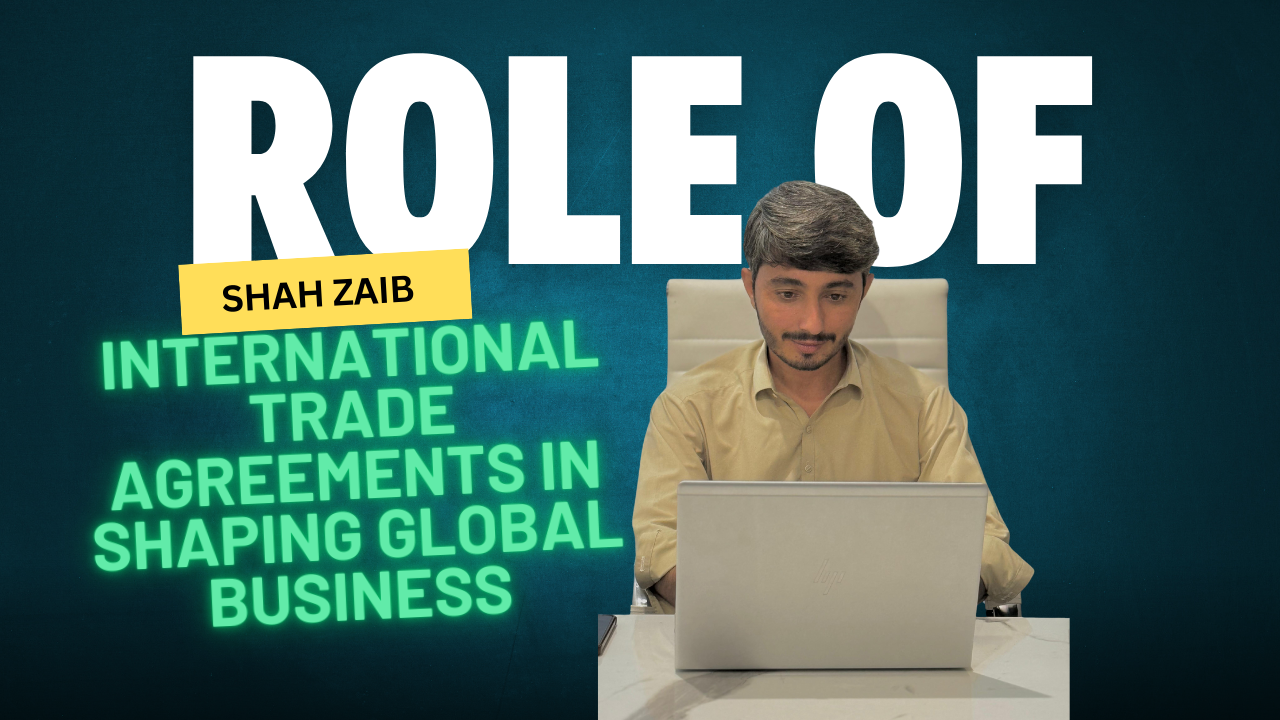Exciting news in the world of artificial intelligence – the latest Open AI language model, Llama 3.1, has just been unveiled. It’s making waves in the industry.

1. Introduction to the Future of Global Trade The landscape of global trade is continuously evolving, influenced by technological advancements, geopolitical shifts, and changing economic

1. Introduction to International Trade Agreements International trade agreements are formal arrangements between countries that facilitate cross-border trade by reducing tariffs, eliminating quotas, and standardizing

1. Introduction to Emerging Markets Emerging markets refer to economies that are in the process of rapid growth and industrialization. These markets, such as China,

1. Introduction to Globalization Globalization refers to the increasing interconnectedness of economies, cultures, and societies across the world. Driven by advancements in technology, transportation, and

1. Introduction to International Trade Agreements International trade agreements are formal accords between two or more countries that regulate the exchange of goods and services

1. Introduction to Multinational Corporations (MNCs) Multinational corporations (MNCs) are companies that operate in multiple countries, with production, sales, or management spread across international borders.

1. Introduction to Emerging Markets Emerging markets refer to countries that are in the process of rapid growth and industrialization. These economies, often in regions

1. Introduction to Cross-Border Investments In today’s globalized economy, cross-border investment has become a critical strategy for businesses looking to expand, diversify, and enhance their

1. Introduction to Globalization Globalization refers to the growing interconnectedness of countries, driven by the exchange of goods, services, information, and culture. Over the past

